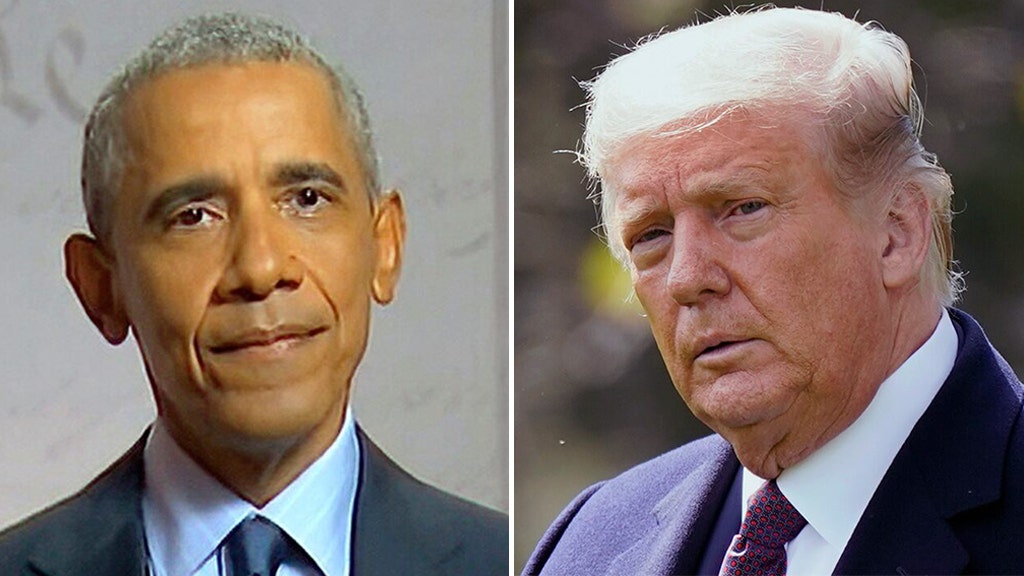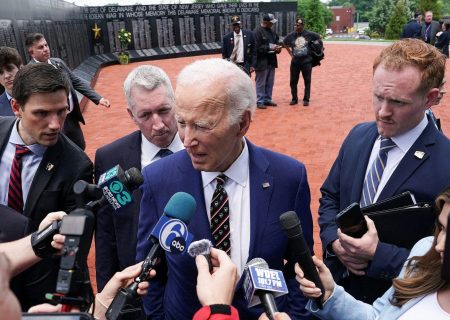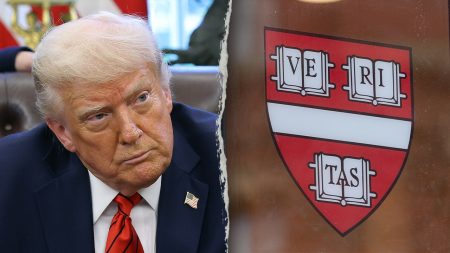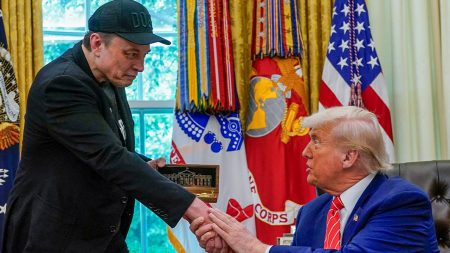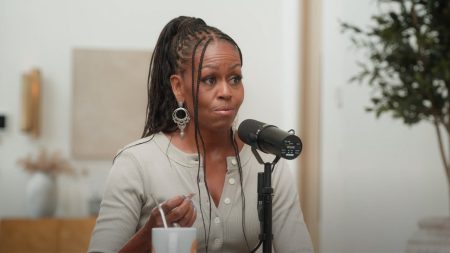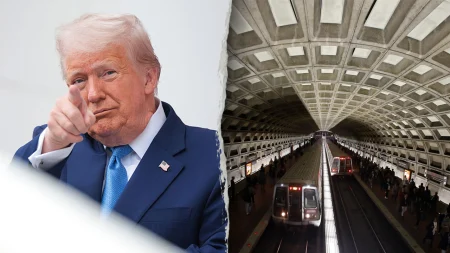Former President Barack Obama’s recent speech at the Obama Foundation’s Democracy Forum, his first public address since the 2020 presidential election, ignited a firestorm of criticism from conservatives on social media. Obama’s central theme, a lament over the increasing polarization in American politics and a call for a renewed commitment to pluralistic principles, was met with accusations of hypocrisy, blame-shifting, and a detachment from the realities of the political landscape he helped shape. The crux of Obama’s argument revolved around the dangers of one political faction seeking to maintain power through undemocratic means, such as voter suppression, politicization of the military, and manipulation of the judicial system. He warned that such actions crossed a line and threatened the very foundations of democracy. He emphasized that pluralism wasn’t about abandoning one’s convictions but rather about recognizing the importance of building coalitions and accommodating diverse perspectives.
Conservative commentators, however, were quick to dismiss Obama’s message, viewing it as a disingenuous attempt to lecture the public while ignoring his own contributions to the current political climate. They pointed to Obama’s own policies and rhetoric as fuel for the very divisions he now decried. Some accused him of fostering an environment of intolerance, where disagreement was equated with moral deficiency. Others highlighted what they perceived as Obama’s elitist attitude, suggesting he looked down upon those who held differing political views. The conservative backlash against Obama’s speech reflected a deep-seated distrust and resentment towards the former president. Many viewed his words as a veiled attack on their own political beliefs and a continuation of the divisive rhetoric that characterized his presidency. The accusations of hypocrisy stemmed from a perception that Obama was now criticizing the very tactics employed by his own administration.
The criticism extended beyond the specific content of Obama’s speech, touching upon his legacy and his perceived role in the rise of Donald Trump. Some conservatives argued that Obama’s policies and rhetoric paved the way for Trump’s presidency, creating an environment of resentment and division that the former reality TV star exploited. They pointed to incidents like the “very fine people on both sides” controversy following the Charlottesville white supremacist rally as evidence of Obama’s alleged contribution to the current political polarization. The conservative response underscored the enduring impact of Obama’s presidency on the American political landscape and the deep divisions that continue to shape the nation’s political discourse.
The conservative critique of Obama’s speech wasn’t solely focused on his past actions; it also questioned his current motives and the sincerity of his call for unity. Many commentators expressed skepticism about Obama’s commitment to bridging the political divide, viewing his rhetoric as mere posturing. They pointed to his ongoing political activities and his support for Democratic candidates as evidence that his true aim was to advance a partisan agenda rather than foster genuine dialogue and reconciliation. This skepticism reflected a broader distrust of political elites and a belief that calls for unity are often used as a political tool to silence dissent and consolidate power.
The accusations of hypocrisy levelled against Obama further fuelled the conservative backlash. Critics pointed to his administration’s record on deportations, surveillance programs, and drone strikes as evidence that his words did not align with his actions. They argued that Obama’s own policies had contributed to the very problems he now condemned, undermining the credibility of his call for a return to democratic principles. The conservative response highlighted the enduring power of political narratives and the tendency to view political figures through partisan lenses.
The intensity of the conservative reaction to Obama’s speech revealed the deep-seated divisions that continue to plague American politics. The rapid dissemination of critical comments on social media platforms like X (formerly Twitter) demonstrated the power of these platforms to amplify partisan narratives and fuel political polarization. The speed and ferocity of the response underscored the challenges of fostering constructive dialogue and bridging the ideological divide in the current media landscape. The online echo chamber effect, where individuals are primarily exposed to information that reinforces their existing beliefs, likely contributed to the intensity of the backlash and the difficulty of engaging in productive conversations across political divides.
The conservative critique of Obama’s speech, while sharp and often personal, also touched on substantive issues related to the nature of democracy, the role of political rhetoric, and the challenges of bridging political divides. While some of the criticism may have been driven by partisan animosity, it also reflected genuine concerns about the health of American democracy and the direction of the nation’s political discourse. The debate sparked by Obama’s speech underscores the importance of engaging in thoughtful and respectful conversations about the challenges facing American democracy, even amidst deep political divisions. The intensity of the reaction serves as a reminder of the urgency of addressing these challenges and finding common ground to move forward as a nation.




